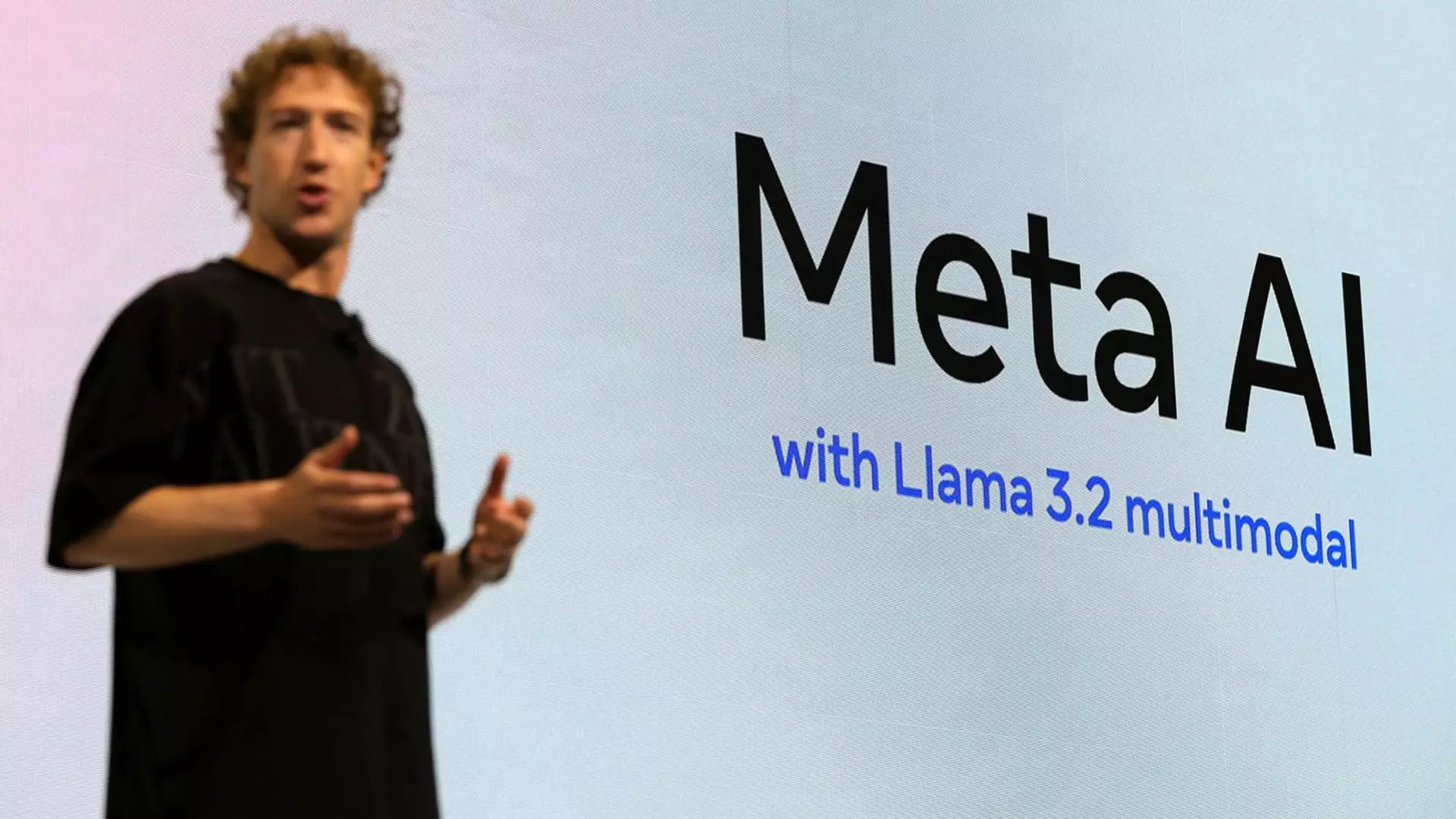Meta’s recent legal affirmation concerning its Llama AI model marks a substantial moment in the struggle between technological advancement and copyright rights. The ruling from U.S. District Judge Vince Chhabria emphasizes the complexities surrounding the fair use doctrine in a world increasingly dominated by artificial intelligence. Essentially, the court sided with Meta, indicating that using authors’ works without their explicit consent for AI training purposes falls under the ambiguous umbrella of fair use. This disruption in the interpretation of copyright law seems more like a concession to innovation rather than a protection of intellectual property, and that’s a significant concern.
Individuals like Sarah Silverman and Ta-Nehisi Coates, elevated voices against the backdrop of the literary world, worked diligently to defend their rights against what many perceive as copyright infringement. However, the ruling illustrates an alarming trend: the courts prioritize technological development over the rights of content creators. Judge Chhabria specifically noted that the plaintiffs failed to prove that Meta’s AI practices inflicted measurable market harm. This stance is potentially perilous for authors and artists seeking recompense or acknowledgment in a marketplace increasingly driven by AI outputs rather than human creativity.
The Flawed Arguments from the Plaintiffs
It’s worth analyzing the judges’ assertions that the plaintiffs presented “two flawed arguments” that struggled to hold their ground in the courtroom. While the legal system ideally safeguards individual rights, the proceedings exposed the inadequacies of the litigators’ case. In a landscape where the impact of AI on traditional media is often theoretical, the inability to show definitive harm illustrates a substantial gap in understanding between authors and the evolving technological arena.
Moreover, the premise that Meta’s utilization of literary works could enrich transformative purposes—albeit without direct consequences to the authors—runs counter to the very ethos of copyright, which exists to incentivize creativity. The progression of LLMs (large language models) may well contribute positively to innovation, yet this rationalization does not mitigate the harm done to original authors whose works were utilized without permission. The court’s acceptance of Meta’s defense is unsettling because it suggests that the less visible consequences of technological advancements against tangible rights can be trivialized in the eyes of the law.
Open-Ended Consequences for Creative Workers
Chhabria’s decision wasn’t simply an endorsement of AI development; it sent ripples across the creative community by declaring the boundaries of this ruling “limited.” As the judge pointed out, the outcome affects only the rights of these thirteen authors, leaving open the possibility for others to challenge Meta’s practices. However, this fragmented approach raises essential questions about equity and consistency in copyright enforcement. If a copyright infringement ultimately boils down to monetary loss for a personable group of authors while a corporation rises unfettered, what message does that send about the value placed on individuality and creativity?
There’s an inherent contradiction in the idea that prohibiting such practices by companies like Meta could stifle technological growth. Chhabria’s dismissal of public interest concerns, calling them “nonsense,” implies a refusal to engage with the broader ramifications of denying authors the fruits of their labor. The ongoing discussions around transformative use need to disentangle themselves from the wishful narrative of unfettered innovation versus an individual’s right to their intellectual property.
A Global Landscape Shaped by Tech Giants
This legal verdict is a microcosm of larger conflicts facing content creators globally in a rapidly digitizing society—one where tech giants hold significant sway over the mechanisms of cultural production. The outcome not only reverberates in the realms of literature but also sets precedents for how other forms of creative work are treated in this new digital expanse.
For aspiring authors and established ones alike, the ruling represents a daunting reality: their efforts are increasingly subject to the whims of technology corporations that may view art and literature as mere data points to fuel their algorithms. As the landscape shifts, a resistance must emerge not solely for the legal rights of copyright holders, but for the moral obligation to maintain respect for human creativity amid relentless technological progress. Meta’s victory could bear long-term consequences that eventuate in a society where creativity is undervalued—a future we ought to critique rather than accept quietly.

